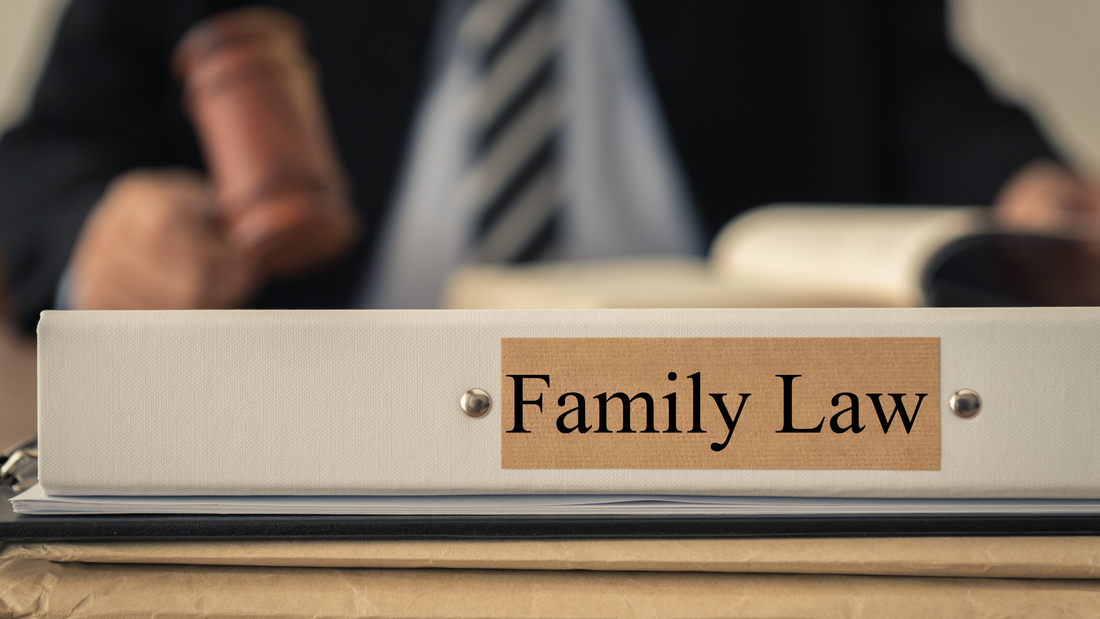What Does the Florida Court Consider When Deciding Child Custody?
Florida courts have wide discretionary authority when it comes to deciding Florida child custody in divorce cases, but they are most concerned with making a decision that will be in the “best interests of the child.” Essentially, this means the judge’s decisions on how custody rights and parental responsibilities will be divided are always tailored to fit the unique needs of the child.
An experienced Miami child custody attorney can address clients’ Florida child custody litigation needs and defend their parental and custody rights, so that the final custody arrangement will be favorable for both the child and parent.
In general, Florida family law upholds that children generally benefit from maintaining frequent contact and interaction with both parents and favors custody arrangements that accommodate this. The following are the best interest factors Florida courts most often consider before making a custody ruling in a divorce case.
Health, Safety, and Ethics
When deciding on a custody arrangement that will be in the best interests of the child, Florida courts consider the child’s health, safety, and moral development when determining best interest factors. A judge will review a parent’s behavior and the home environment thoroughly to uncover any elements that could disrupt the normal mental and physical development of the child. If there is evidence of domestic violence, child abuse, neglect, or abandonment, a parent or both parents could lose their custody and visitation rights. Additionally, to protect a child’s ethical development, a judge may consider a parent’s mental and physical state based on circumstances such as adulterous relationships prior to the divorce, frequent causal relationships with multiple partners, verbal abuse, substance abuse, and illegal activities.
Emotional and Developmental Needs
Other major best interest factors that are emphasized by Florida family law concern the emotional and developmental needs of a child especially concerning their general welfare, familial connections, education, and healthcare. These factors include:
- Ability and willingness to be involved in their child’s life
- Demonstrated ability to meet their child’s developmental needs
- Love, affection, and existing relationship with their child
- Awareness and participation in their child’s daily school and extracurricular activities
- Familiarity with their child’s social circles and preferences
- Home situation and the extent of its stability and permanence
- Willingness to cooperate with other parent and honor time-sharing schedules
After reviewing all appropriate best interest factors, detailed in Florida Statute 61.13, a judge has the information needed to decide custody arrangements. In some instances, that decision may involve granting custody to a legal guardian. Sometimes, when a child is older and mature enough, a judge may allow the child to voice their custody preferences.
Florida family law, especially concerning child custody litigation, can be very complex. Call Pimentel & Castillo to have an experienced Miami child custody attorney represent you in a divorce case and defend your parental and custody rights.

